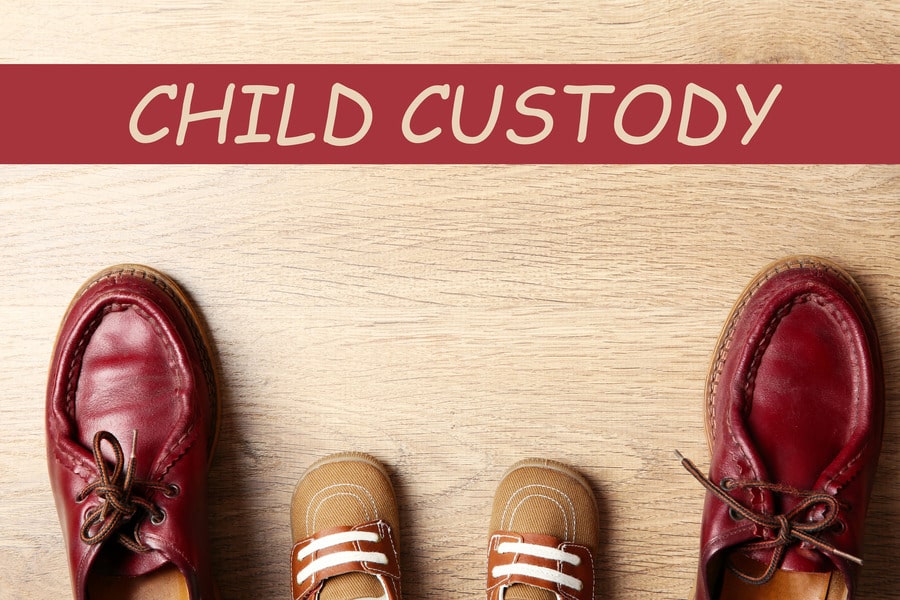Child Custody is a legal issue involving the parental rights and responsibilities toward their offspring. Legal custody entails judgments regarding the upbringing and welfare of a child, such as education and health care. When both parents have significant periods of physical care for the infant, this is known as joint physical custody. The court may determine which parent has legal custody, physical custody, or both.
Paternity is also related to family law, as it can be determined through DNA testing who the biological parent(s) are prior to the start of a court case. In certain instances where one parent has sole legal or physical custody, the court may issue transitory orders while deciding on permanent orders.
Unless one parent is deemed unsuitable, the court may award joint legal or physical custody in other situations. Both parents have the ability to make major decisions regarding their child’s upbringing, such as education and religion. Both parents have the right to spend time with their infant when they have joint physical custody.
Before deciding on any form of custody arrangement, the court must always determine what is in the best interests of the child. When there is significant conflict between the parents, it can be difficult for them to concur on any aspect of their child’s upbringing.
Both Parents Are Responsible For The Child's Care
The purpose of family law and child custody is to ensure that both parents are liable for the child’s care and upbringing. Typically, the court will determine between joint custody and sole custody. In joint custody, both parents are responsible for the child, whereas in sole custody, one parent is primarily responsible. The court will ensure that whatever form of arrangement is chosen, the child will receive adequate care and support. This can be difficult to ascertain, as it requires striking a balance between what is best for the child and what is best for both parents.
Family law and child custody is a complex topic, but it is essential to understand the essentials. Typically, custody issues are resolved through legal documents lodged with the family court; however, parents can share custody through a mutual agreement or joint custody arrangement. Sole custody is the situation in which one parent has the ultimate say in all decisions pertaining to a child. If either parent wishes to modify or contest existing arrangements, they must file a petition with the court along with the necessary legal documentation and supporting evidence.
If both parties cannot concur on a solution that works for everyone involved, it is ultimately up to the family court judge to decide these matters. The rights and responsibilities of parents to make critical decisions regarding their children’s welfare, education, health, and medical care are governed by family law and child custody. Legal custody grants parents the authority to make critical decisions regarding their children’s religion, education, and health care. In determining custody, the location of the infant is also taken into account. If you have any questions in regards to child custody or need assistance, contact us today at Hayat Family Law.


